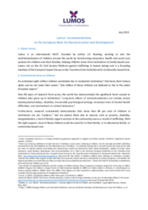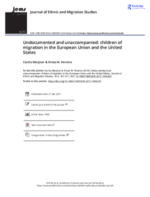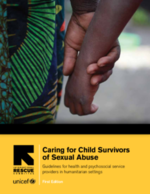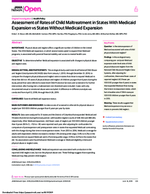Lumos’ recommendations to the European Bank for Reconstruction and Development
This statement from Lumos outlines the organization's recommendations to the European Bank for Reconstruction and Development regarding the institutionalization of children.






